Cargoes
- Ores & Metals
- Coal & Coke
- Grains & Foodstuf
- Fertilizers
- Construction Materials
- Minerals
- General Cargoes
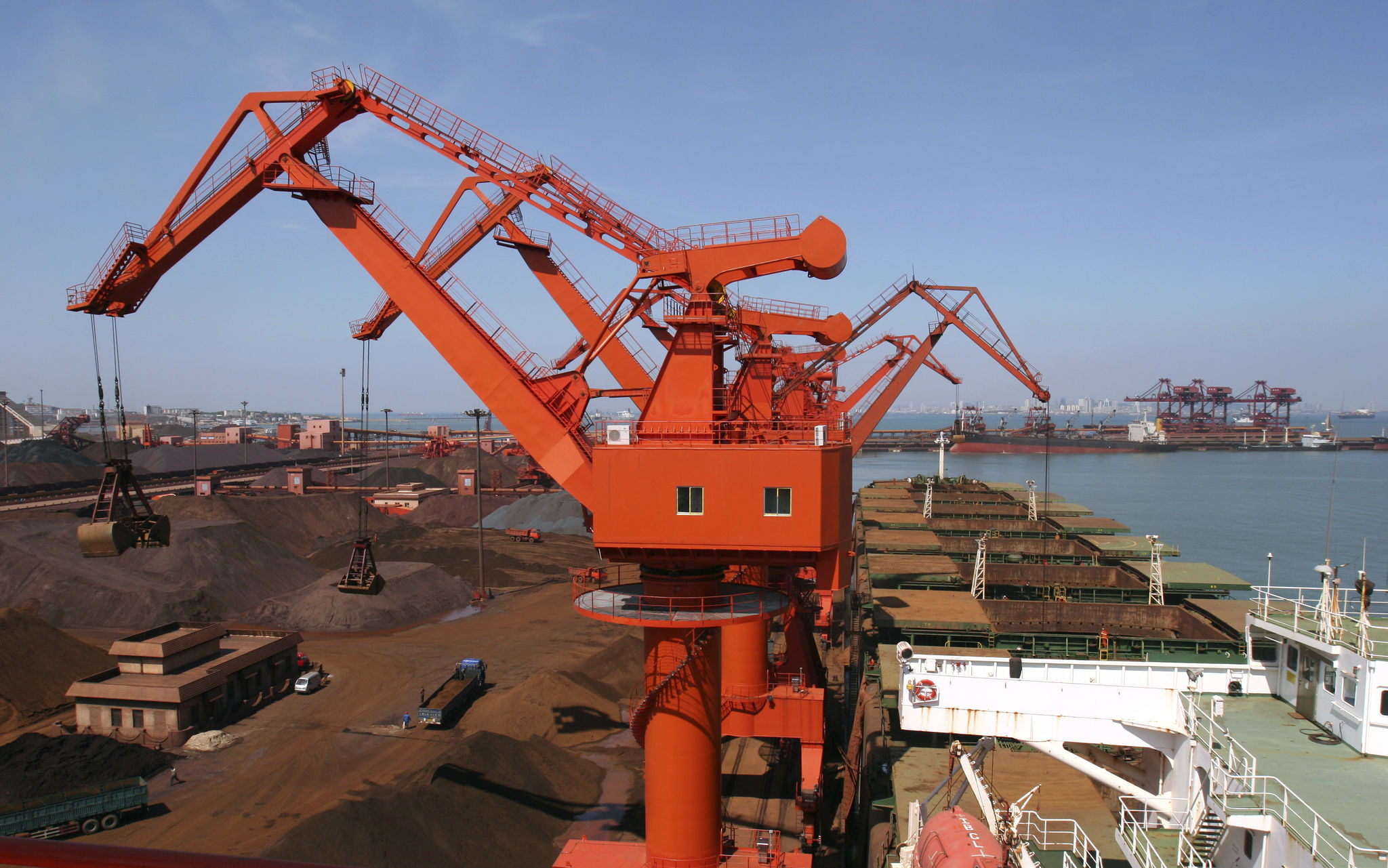
Ores are naturally occurring solid from which more valuable metals can be extracted profitably. They are usually formed by inorganic processes. Loading and discharging ores in bulk is usually done by grabs, elevators or belt conveyors depending on port facilities. There are several thousands known ores and their products of which some examples are listed as below : Bauxite ,Chrome ore ,Iron ore ,Lead ore ,Mangenese ore ,Nickel ore ,Zinc ore And their products and by-products examples : Alumina ,Iron ore concentrate ,Iron ore pellets ,Iron ore fine ,Lead sulphide concentrate ,Nickel ore concentrate ,Pig Iron ,Scrap ,Slag ,Zinc sulphide concentrate

Coal is one of the most important primary fossil fuels, a solid carbon-rich material that is mainly used for general electricity and production of steel. Coke is a porous material produced by processing coking coal to produce more heat and energy for production of steel. Many different types and brands of coal are nowadays being shipped in bulk like : ,Charcoal ,Coking Coal ,Metallurgical Coke (Met Coke) ,Nut Coke ,Petroleum Coke (Pet Coke) ,Thermal Coal
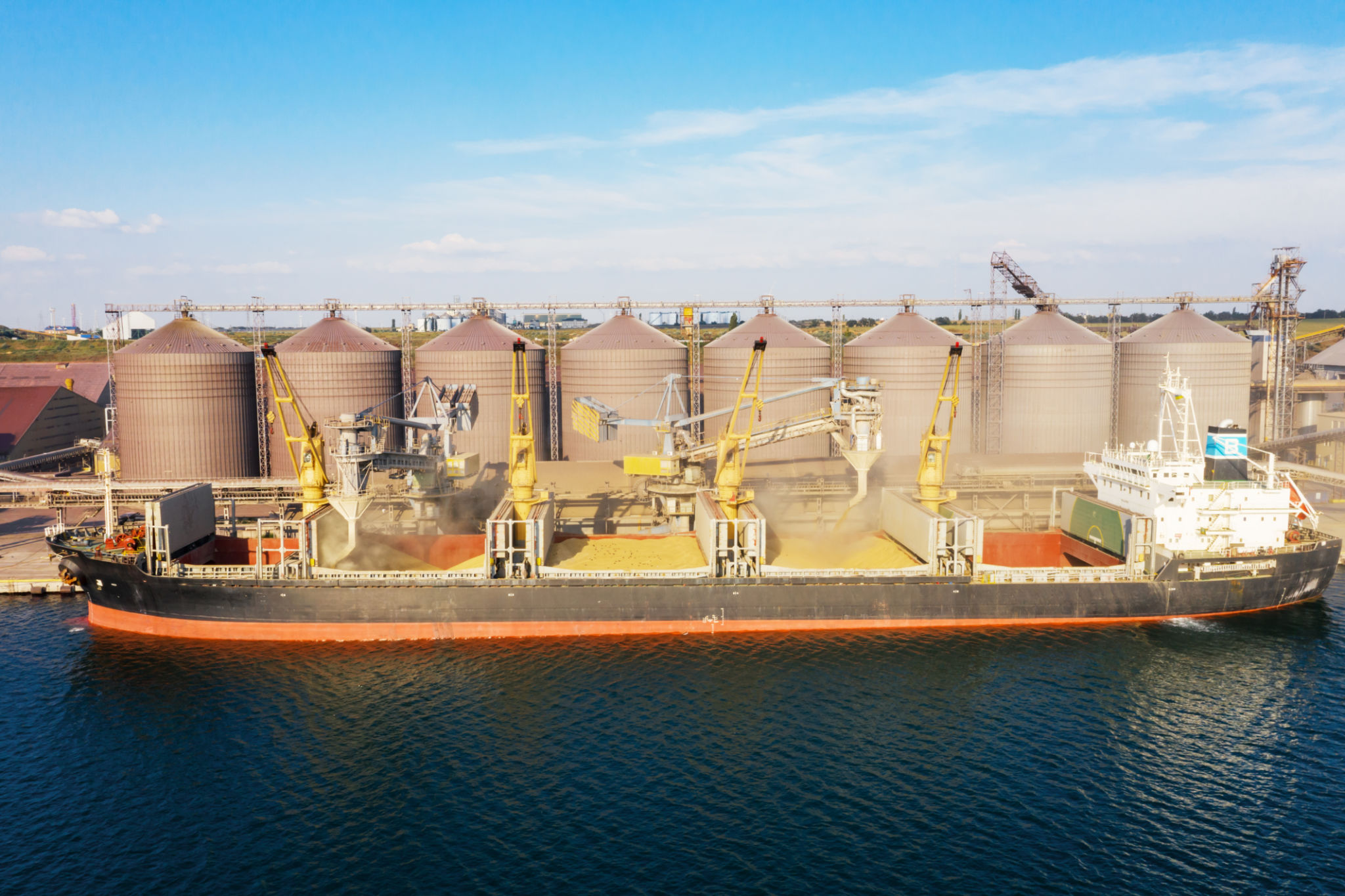
Grains and sugar are used for human and animal consumption providing food security for the world. Each category of grains is divided into various sub-categories with different specification depending on the origin and harvest. Carriage of grains demand vessels with holds able to comply with the industry standards on holds cleanliness. Furthermore, fumigation is one of the other vital part of operations with aim to keep the cargo safe from living pests usually done after completion of loading. Thus, carriage of grains by sea requires knowledge and experience by the crew to take the proper care of cargo during all stages of shipment, whether in port or in transit. Some examples of grains and foodstuff are as follow : Barley ,Canola Seeds ,Corn and Maize ,Rice ,Sorghum ,Soy Bean ,Soy Bean Meal ,Sugar ,Wheat
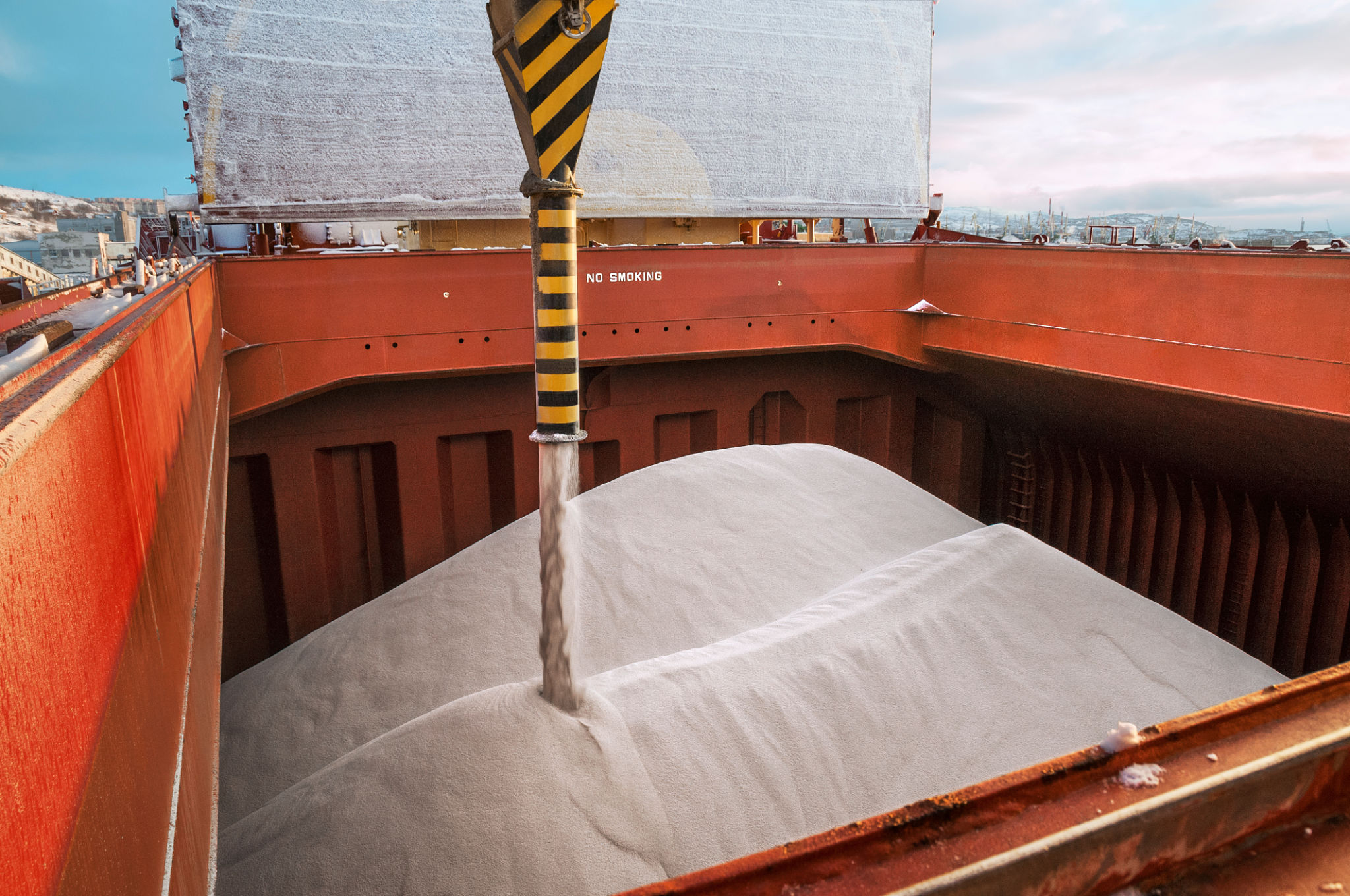
Fertilizer is a plant nutrient improving growth and productiveness of plants. Fertilizers enhance the fertility of the soil and helps provide food for the world. Fertilizers are mostly produced by petrochemical plants. Some examples are as follow : Ammonium Nitrate ,DAP (Di Ammonium Phosphate) ,KCL (Potassium Chloride) ,MOP (Mono Ammonium Phosphate) ,NPK Fertilizers (refers to all the ,Nitrogen, Phosphate and Potassium-,based fertilizers) ,Potash ,Soda Feldspar ,Sulphur ,Urea
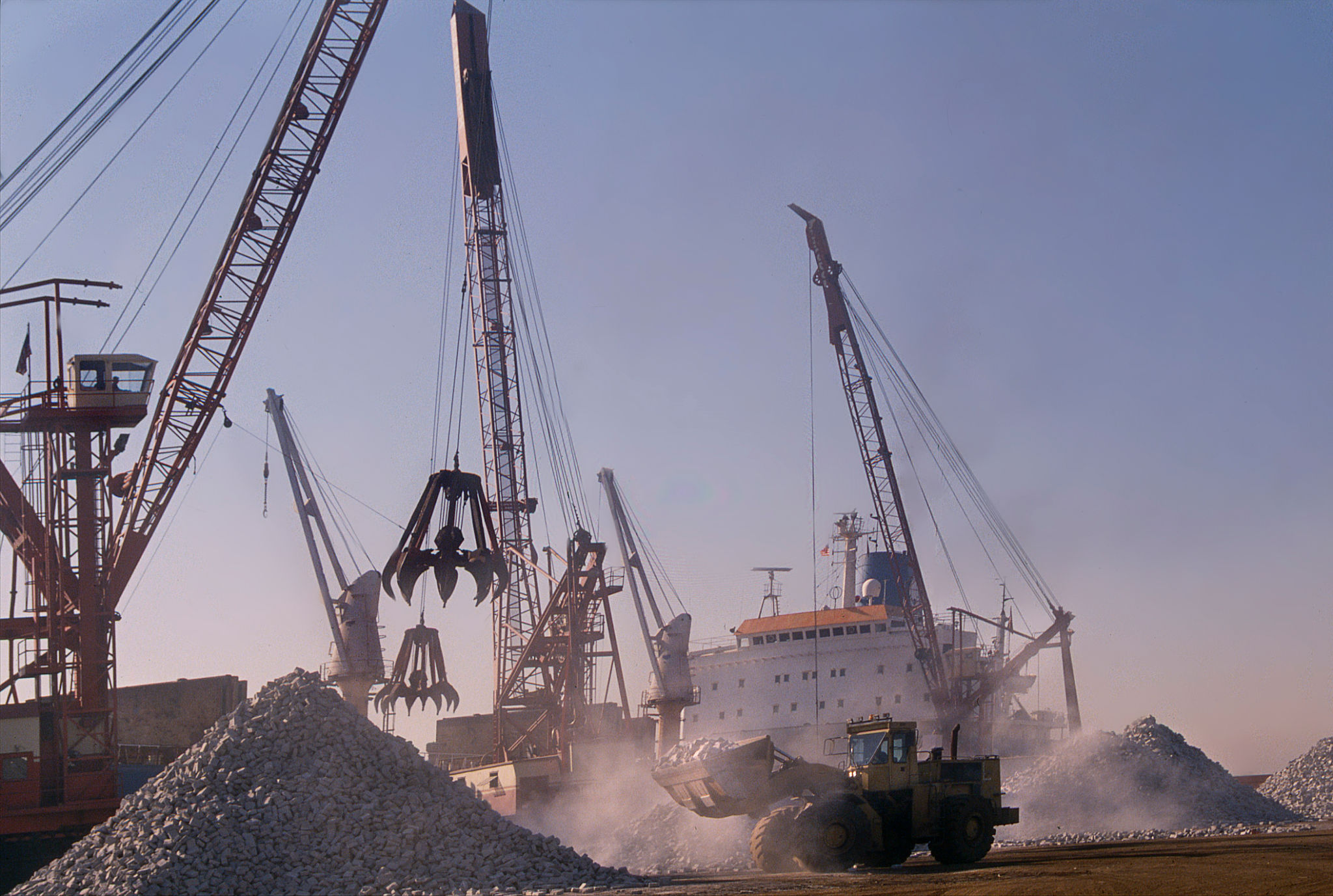
Materials used in buildings and road construction. Some of them are extracted from mines like gypsum and the others are manufactured like cement clinkers. ,Aggregates ,Cement ,Cement Clinker ,Clay ,Gypsum ,Limestone
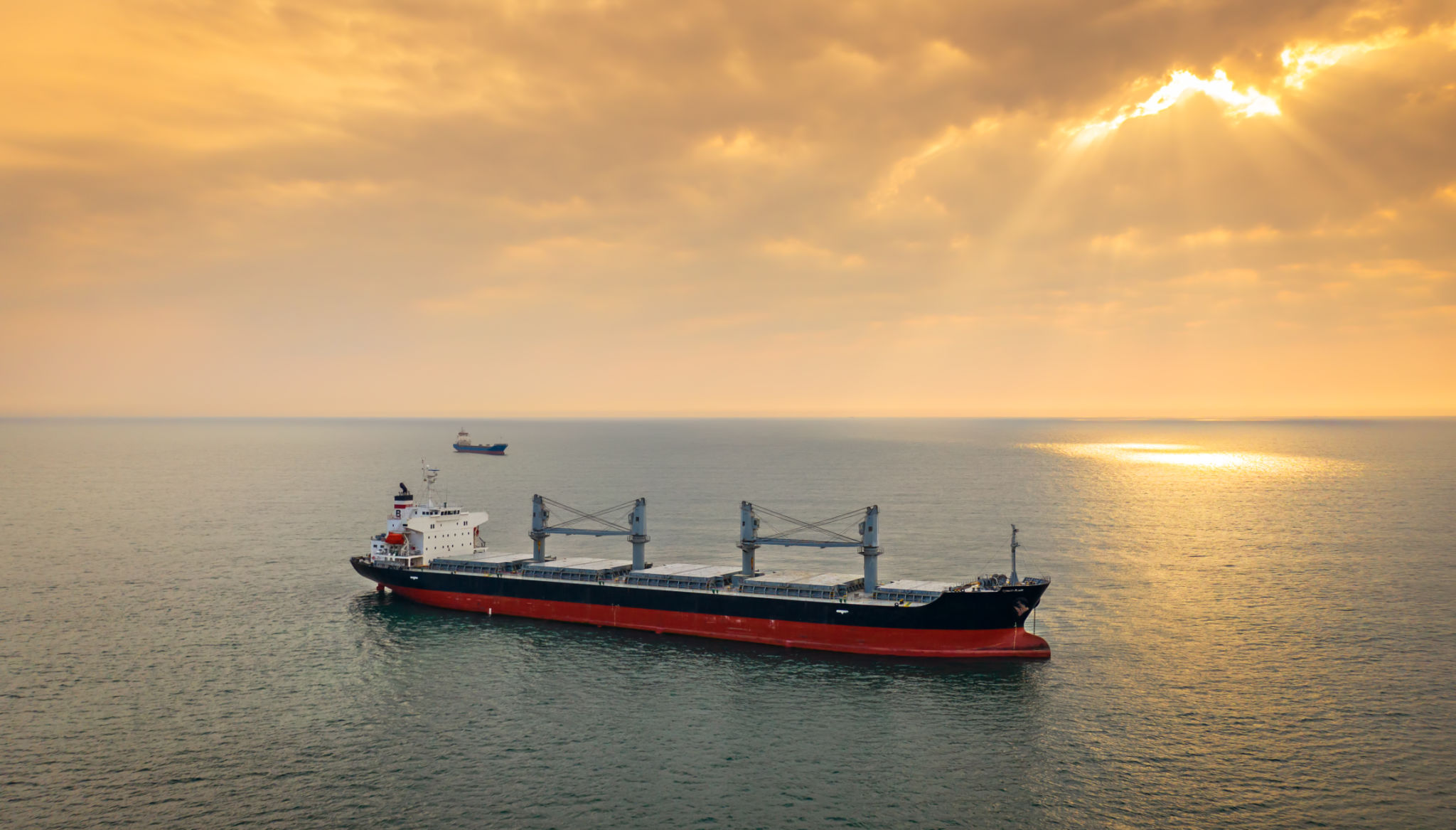
Mineral cargoes are mostly extracted from mines and they are usually formed by inorganic processes. Dolomite ,Gypsum ,Limestone ,Rock Phosphate ,Salt

General cargo refers to the cargo being shipped in bag, pallet, package, bundle, barrel, box or in loose packing onboard general cargo carriers which are found with deadweight tonnages from 20,000 mts to 50,000 mts. Lashing, securing and laying the dunnage properly to stow the general cargoes are essential part of loading operation to minimize the damage they may suffer from during the sea voyage. Some examples of general cargoes are as follow : Bagged Cement ,Bagged Fertilizers ,Bagged Rice ,Bagged Sugar ,Bagged Sulphur ,Steel Billet ,Steel Bloom ,Steel Coil ,Steel Ingot ,Steel Plate ,Steel Slab ,Steel Wire ,Logs & Timbers ,MDF ,Machineries ,Bitumen in drum
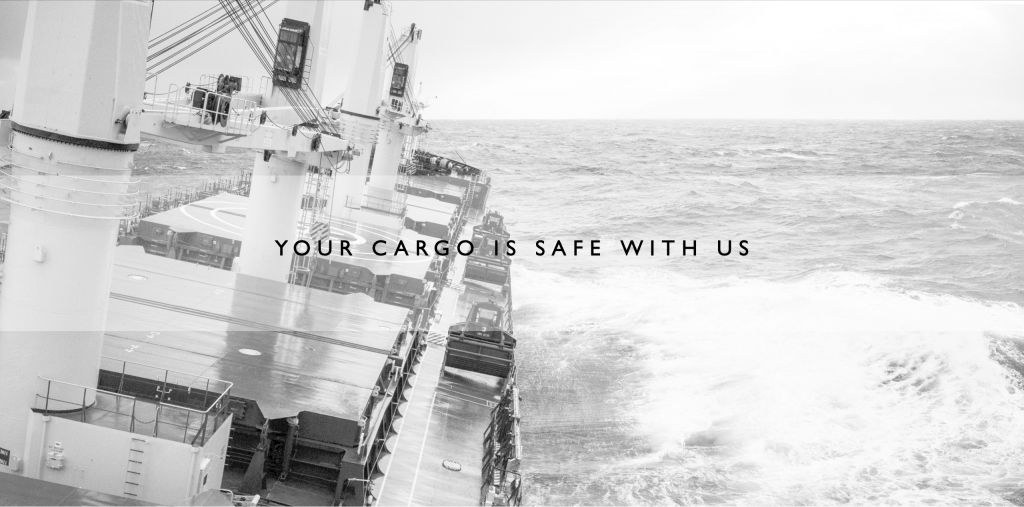
Cargo safety is our priority
Each dry bulk commodity which is nowadays transported by sea is capable to endanger the safety of the crew, vessel and itself. Some cargoes are more capable than the others and require preventative measures to be taken in advance of
loading or commenting the sea voyage.
This is why International Maritime Organization (IMO) has outlined a code named IMSBC Code (International Maritime Solid Bulk Cargoes Code) to categorize the cargo in order of their hazards and explain how to carry them by sea. Apart from safety matters, a common carrier is bound to deliver the cargo at destination at the same apparent order and condition he tool the delivery of cargo at the origin. Thus, taking proper care of cargo is the most important obligation on the crew and operators of the vessel.
We always strive to handle the carriage of each of the cargoes above cited safely and without any damage. Each cargo has its own story for proper handling that demands sufficient knowledge on the cargo inherent nature and experience in carriage of same as well as know-how to draft the governing charter party clauses so that to avoid both technical and contractual disputes during the all stages of transit namely loading, sea voyage and transit. Our policy is to exercise our best to find and offer our clients first class vessels available in the market so that to ensure the cargo proper handling during the sea voyage by well-learned crew and well-equipped vessel.



